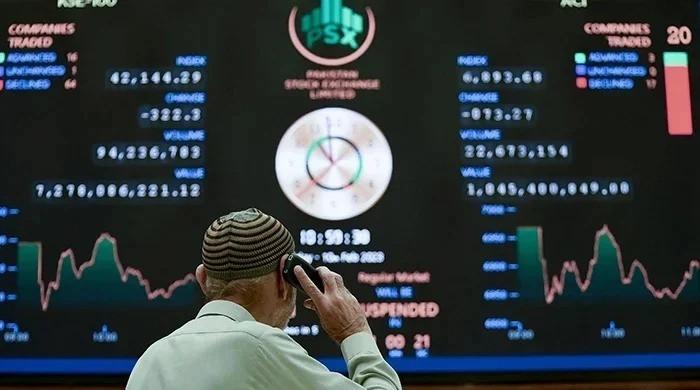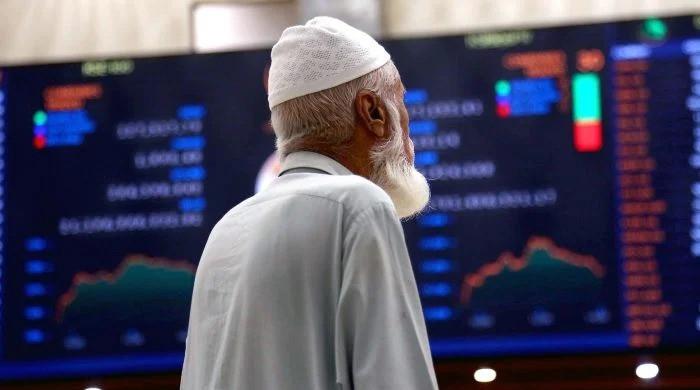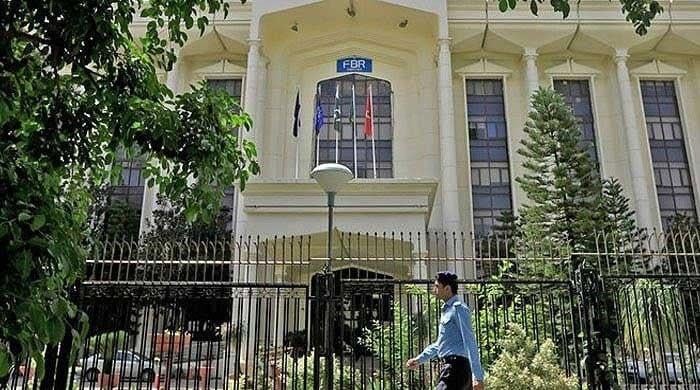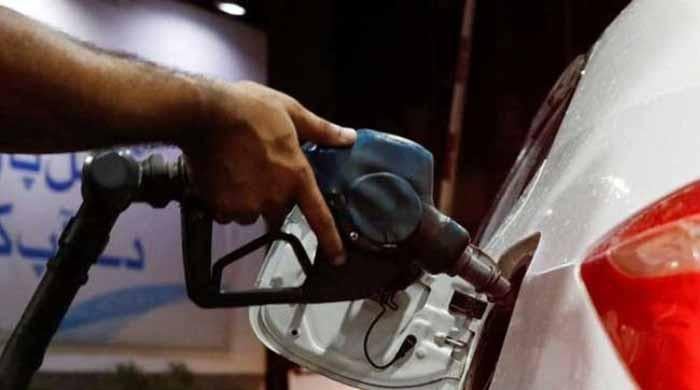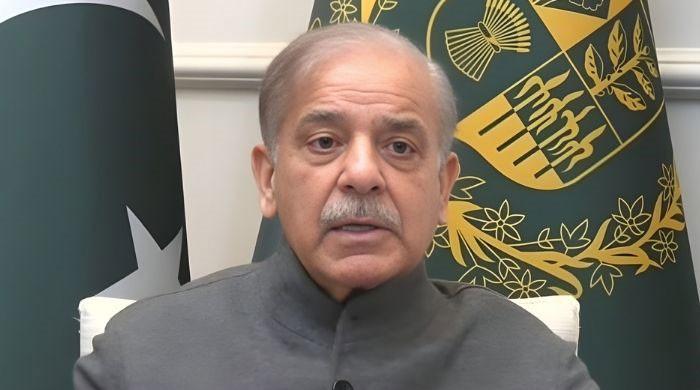Pakistan’s current account deficit spikes to $2.3bn in June
SBP blames surge in oil imports as main reason for spike; economist expects decline in current account deficit in July
July 27, 2022
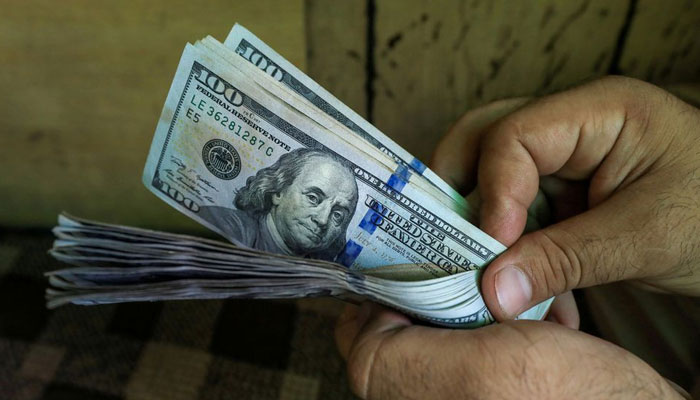
- SBP cites a surge in oil imports as main reason.
- In FY22, current account deficit clocks in at $17.4 billion.
- Economist expects a decline in current account deficit in July.
KARACHI: Pakistan’s current account deficit — the gap between the country’s higher foreign expenditure and low income — widened to $2.3 billion in June 2022 despite higher exports and remittances.
According to the State Bank of Pakistan, the current account deficit of the country has risen to $2.3 billion in June 2022 compared to a deficit of $1.6 million in the same month of the last year.
Cumulatively for fiscal year 2021-22, the current account deficit widened by a whopping 517%, clocking in at $17.4 billion on a yearly basis when compared with the figure of $2.82 billion during FY21.
“As foreshadowed by earlier Pakistan Bureau of Statistics (PBS) data, a surge in oil imports saw current account deficit rise to $2.3 billion in June despite higher exports and remittances,” the central bank said on its official Twitter handle.
The SBP further mentioned that so far in July oil imports are much lower [and] “deficit is expected to resume its moderating trajectory.”
It mentioned that 3.3 million metric tons of oil was imported in June, 33% higher than in May.
“Together with higher global prices, this more than doubled the oil import bill from $1.4 billion to $2.9 billion,” the SBP said, adding that by contrast, non-oil imports ticked down.
Details of the balance-of-payments summary revealed that Pakistan recorded exports of goods at $3.12 billion and another $646 million as services. However, a massive import bill, which clocked in at $7.04 billion for goods and another $1.37 billion as services, in June was the reason behind the current account deficit.
'Oil import bill jumps to uncomfortable level': economist
It should be noted that the current account balance is an important indicator of Pakistan's economy, a widening deficit leads to an outflow of US dollars, which has also taken a toll on the currency that is currently being traded at a historic low of Rs236.02 against the greenback.
“A rise in imports of petroleum products has resulted in current account deficit to rise to $2.3 billion in June 2022,” Dr Khaqan Najeeb, an economist and former adviser Ministry of Finance told Geo.tv.
He highlighted that the oil import bill alone jumped to a “rather uncomfortable level” of $2.9 billion in June.
The economist was of the view that overall the last fiscal year 2021-22 closed on a higher current account deficit of $ 17.4 billion and thus impacted the depreciation of the Pakistani rupee against the greenback in a market-based exchange system with little intervention of the SBP.
“Going forward, more than required oil has been imported while demand has moderated which should see a decline in current account deficit in July,” Dr Najeeb predicted.





